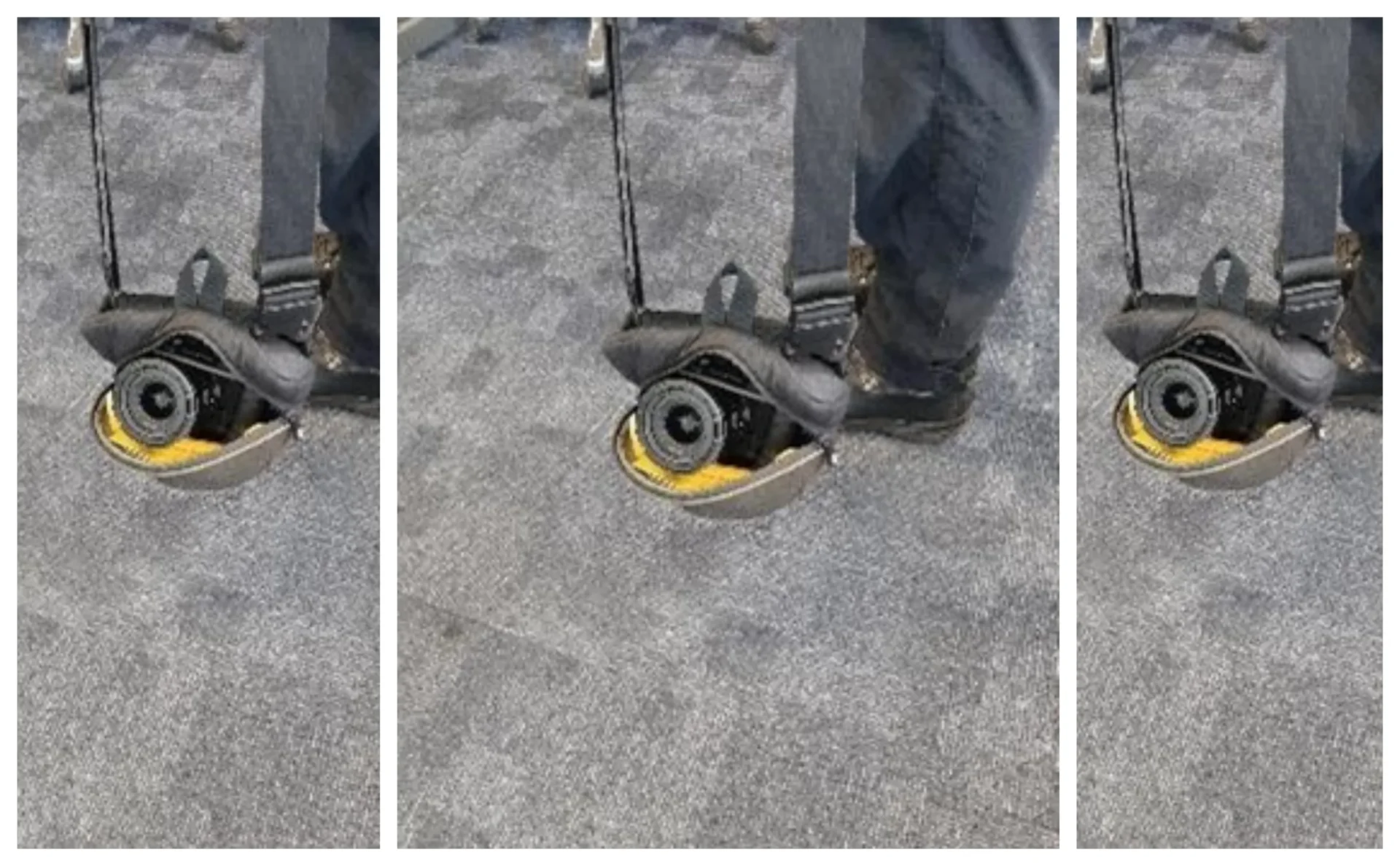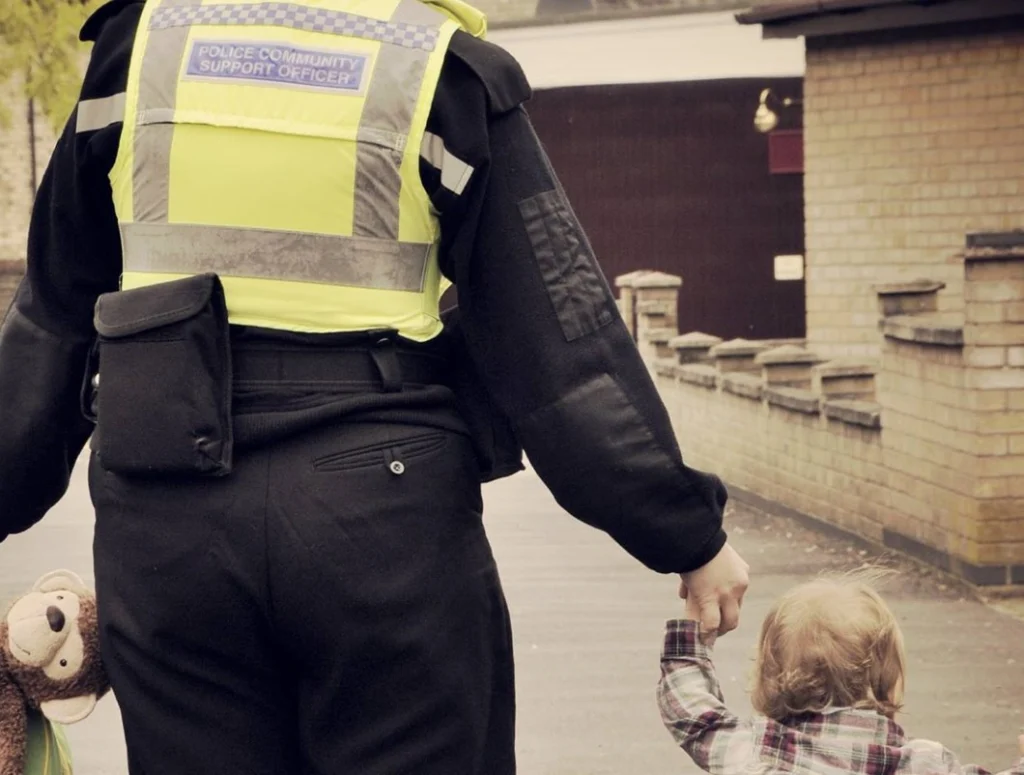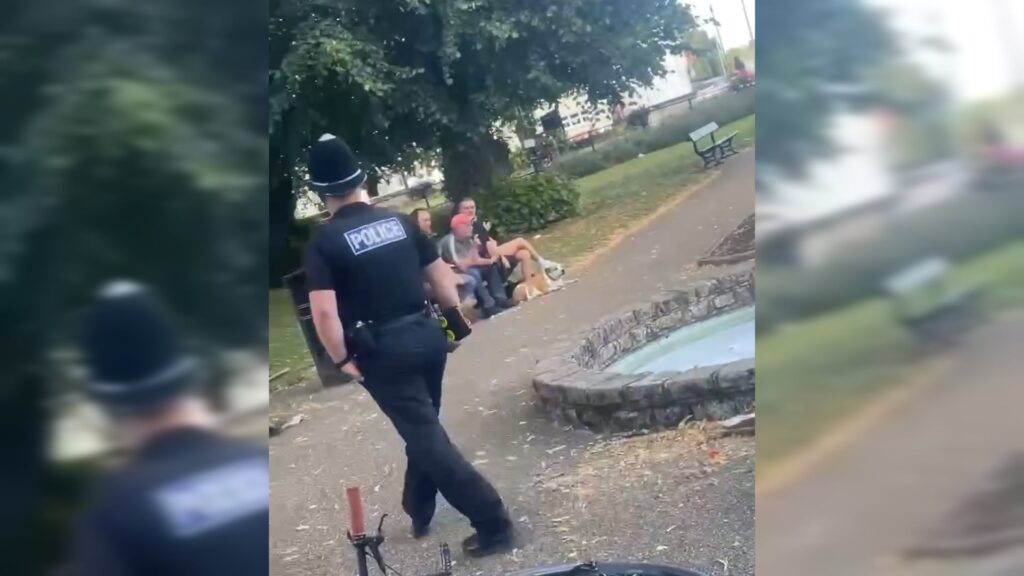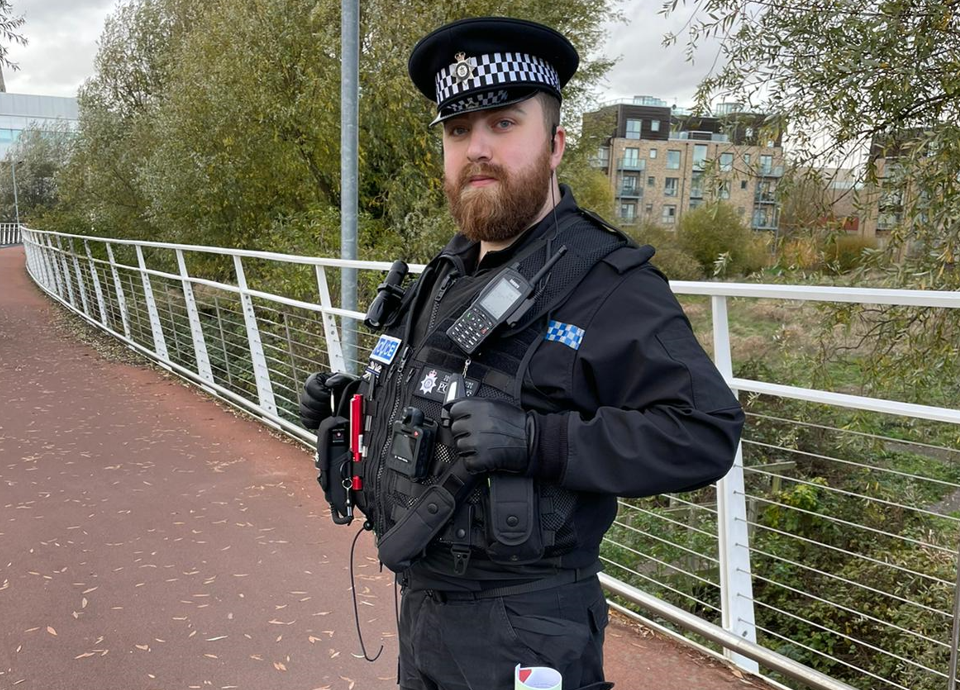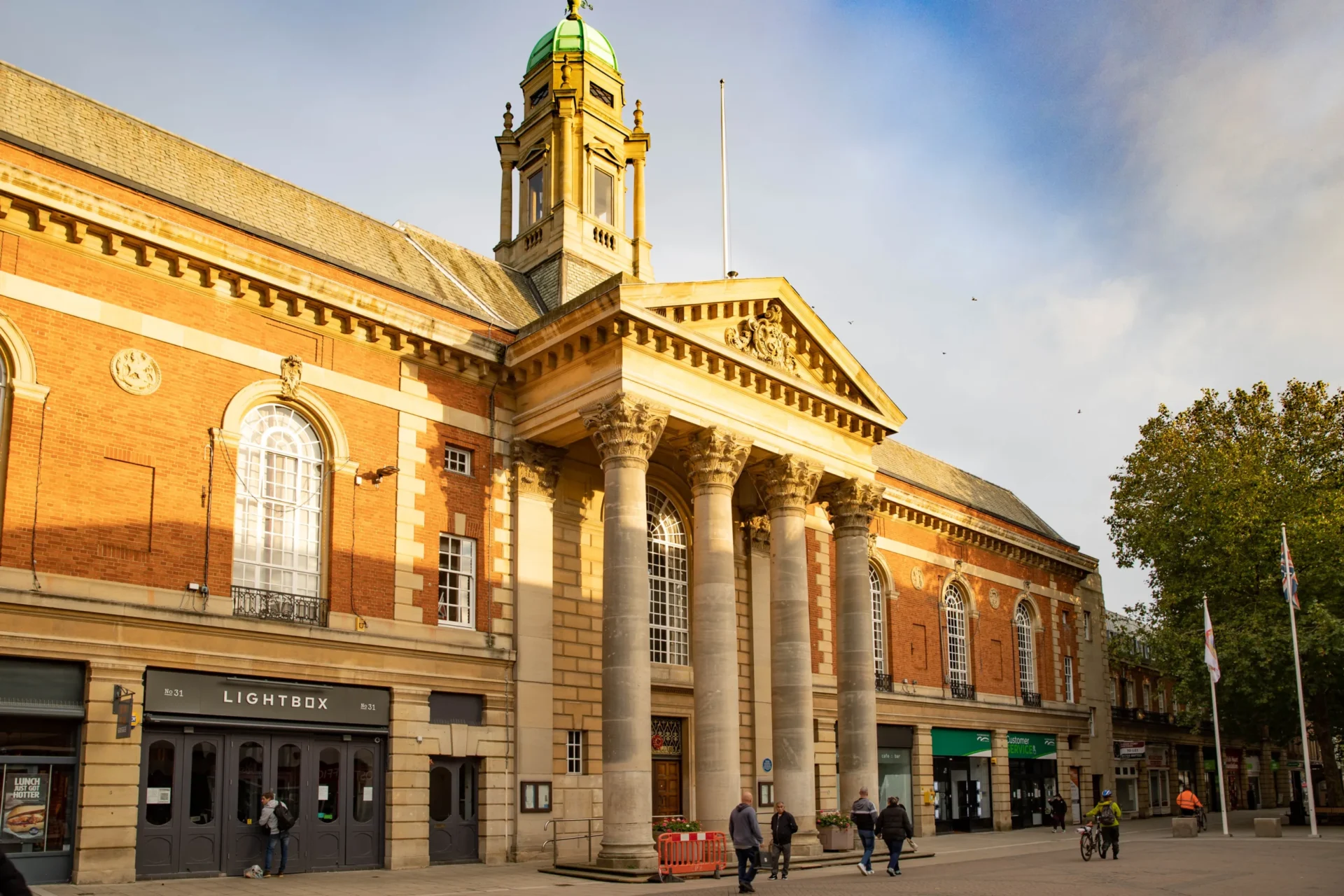MP Lucy Frazer, who as justice minister helped bring a new law making upskirting a criminal offence, has seen a 62-year-old man from her neighbouring Cambridgeshire constituency convicted. Plain clothes police officer caught the offender Rick Sivier in Cambridge holding a camera bag by the strap and hanging it close to the floor.
The bag was open with the lens pointed upwards and the officers observed him walk through Market Square, Petty Curry and Rose Crescent approaching women wearing skirts closely.
The officers stopped Sivier and identified themselves as police officers and took the camera from the bag which had been recording for 45 minutes.
A search of his home in Warren Road, Cambridge, uncovered a number of hard drives and sim cards with further footage.
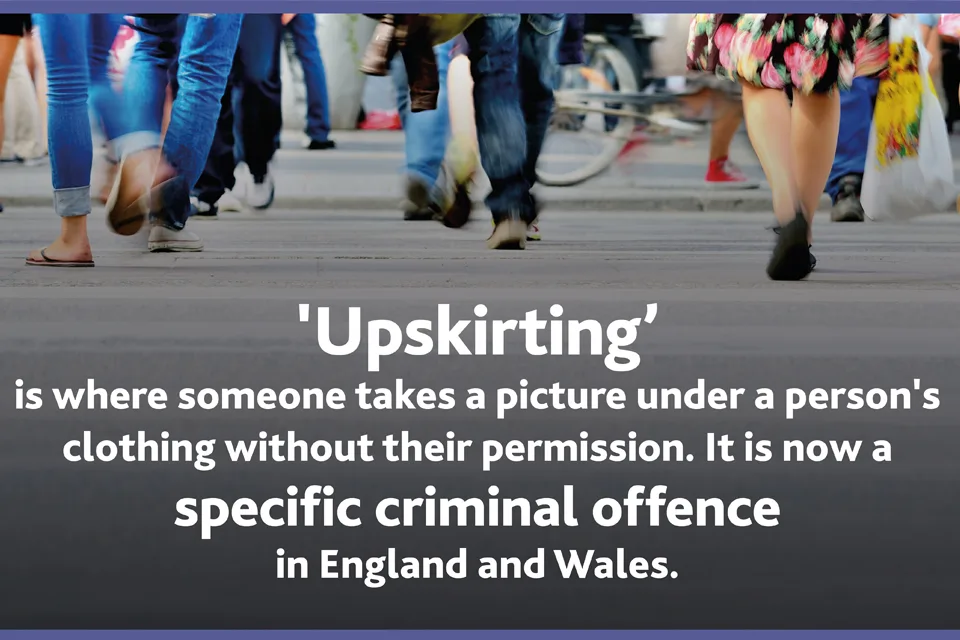
In interview he made full admissions and told police it was not the first time he had recorded up the skirts of women.
At Cambridge Magistrates’ Court on17 October, Sivier, was sentenced to 16 weeks in prison, suspended for two years, given a Rehabilitation Activity Requirement and must carry out 200 hours unpaid work.
He was also given a five-year sexual harm prevention order and put on the sex offenders register for seven years.
Danger to women and girls
Detective Constable Ben Smith said: “Thanks to the eagle-eyed neighbourhood officers, this man has been put before the courts for his actions. We urge people to look out for suspicious behaviour and report it so we can continue to put predators, who are a danger to women and girls, in front of the courts.”
The new law to tackle upskirting was introduced in 2019 and followed a campaign by Gina Martin and supported by Justice Minister Lucy Frazer, the MP for SE Cambridgeshire.
“I am proud to have been able to get behind Gina’s campaign and to have helped bring about this change in the law,” said Ms Frazer at the time.
“Upskirting is a humiliating activity, and this law will ensure that the gap in the law which existed will now be filled.”
What is upskirting?
Upskirting is a highly intrusive practice, which typically involves someone taking a picture under another person’s clothing without their knowledge, with the intention of viewing their genitals or buttocks (with or without underwear).
Upskirting is where someone takes a picture under a person’s clothing without their permission. It is now a specific criminal offfence in England and Wales.
It can take place in a range of places, e.g. British Transport Police have seen a rise of reports on public transport.
The new law will capture instances where the purpose of the behaviour is to obtain sexual gratification, or to cause humiliation, distress, or alarm.
Anyone, and any gender, can be a victim and this behaviour is completely unacceptable.
What punishment can upskirting perpetrators face under the new law?
Perpetrators can face two years in prison.
Upskirting, where committed to obtain sexual gratification, can result in the most serious offenders being placed on the sex offenders register.
What can victims of upskirting do?
If you’re a victim of upskirting, the police and other organisations are there to help you.
Victims of upskirting will be entitled to automatic protection, e.g. from being identified in the media (so they won’t be able to publish any identifying details such as names, addresses or photos).
Why has the law changed?
Upskirting has not gone unpunished in England and Wales – depending on the circumstances it was already prosecuted under the common law offence of outraging public decency.
However, following concerns expressed by victims, a review of the law found that the existing criminal law may not have been able to capture all instances.
The Voyeurism (Offences) Act, which was commonly known as the Upskirting Bill, was introduced on 21 June 2018. It came into force on 12 April 2019


